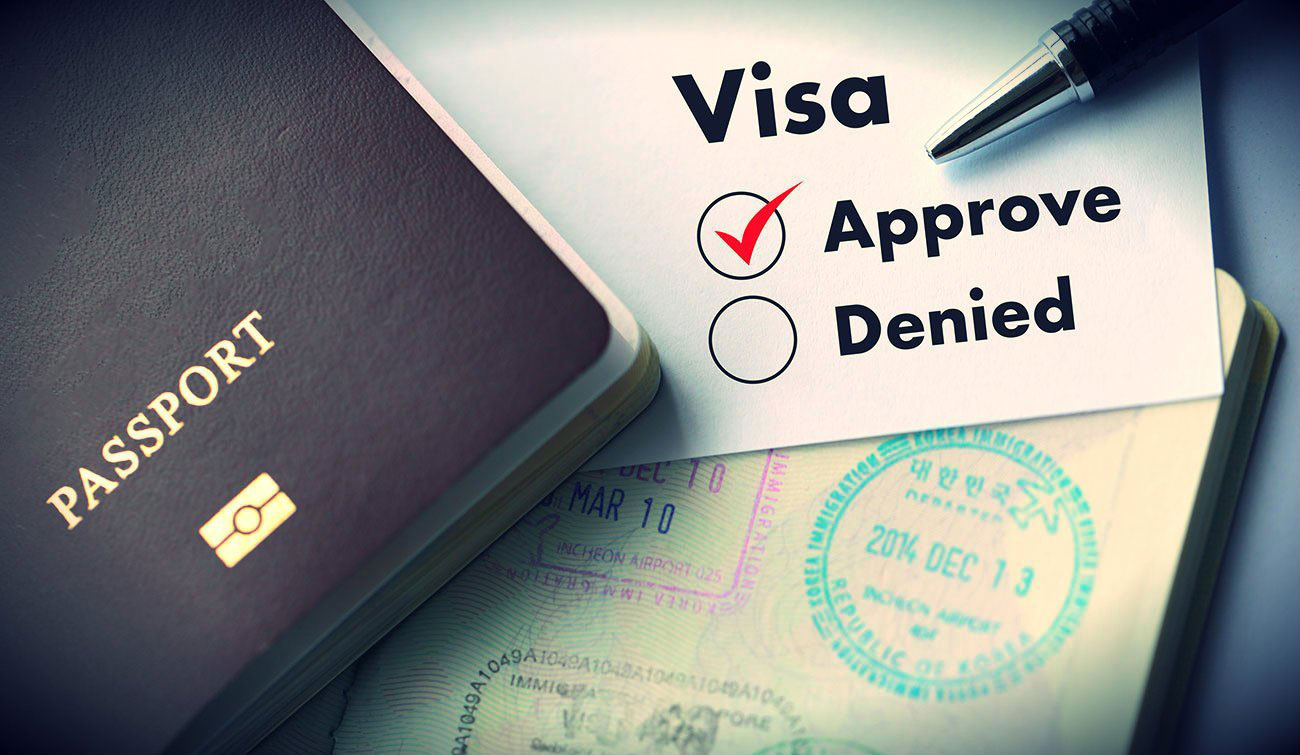European work visas open doors to numerous opportunities for professionals seeking employment across Europe. However, misconceptions surrounding these visas can deter or mislead prospective applicants. This guide aims to clarify these myths and provide accurate information to empower visa seekers.
Myth 1: You Need to Speak the Local Language Fluently to Qualify
The Truth:
While knowledge of the local language can be an asset, it is not always mandatory for obtaining a European work visa. Many countries and industries prioritize professional qualifications and job experience over language fluency.
| Country | Language Requirement |
|---|---|
| Germany | Knowledge of German is advantageous but not mandatory for certain jobs. |
| Netherlands | English proficiency suffices in many sectors, such as IT and academia. |
| Sweden | English is widely used in professional settings. |
Tip:
Focus on learning basic phrases to enhance your adaptation, but don’t let language concerns deter you from applying.
Myth 2: Only High-Income Jobs Qualify for Work Visas
The Truth:
While high-income jobs often meet visa criteria easily, many European countries offer visa options for various income levels, including seasonal and mid-level positions.
| Visa Type | Income Criteria |
| EU Blue Card | Requires a salary threshold set by each country. |
| Seasonal Work Visa | Does not have stringent income requirements. |
| Intra-Company Transfer Visa | Salary based on company and position specifics. |
Tip:
Research the specific income requirements of your desired country and job sector.
Myth 3: Work Visas Are Impossible to Get Without a Job Offer
The Truth:
Although many European work visas require a job offer, some visas, like the job seeker visa, allow individuals to enter and search for employment.
| Visa Type | Requirement for Job Offer |
| Job Seeker Visa | No job offer required, intended for job hunting. |
| EU Blue Card | Requires a valid job contract. |
| Freelance Visa | No job offer required, but a business plan is necessary. |
Tip:
If you don’t yet have a job offer, explore job seeker or freelance visa options.
Myth 4: European Work Visas Are Only for Tech and Engineering Professionals
The Truth:
European work visas cater to diverse professions, from healthcare and education to arts and skilled trades.
| Sector | Countries in Demand |
| Healthcare | Germany, UK, Sweden |
| Teaching | Spain, France, Italy |
| Skilled Trades | Portugal, Poland |
Tip:
Identify high-demand sectors in your field and target countries actively hiring in those areas.
Myth 5: European Work Visas Are Valid Across All EU Countries
The Truth:
Most work visas are country-specific and do not grant automatic access to work in other EU countries. However, the EU Blue Card and certain agreements offer cross-border mobility.
| Visa Type | Mobility Feature |
| EU Blue Card | Allows limited mobility within the EU. |
| National Work Visas | Restricted to the issuing country. |
Tip:
Understand the terms of your visa before assuming cross-border privileges.
Myth 6: Work Visa Applications Are Always Complicated and Lengthy
The Truth:
While visa processes can be complex, preparation and understanding the requirements streamline the application.
| Factor | Impact on Processing Time |
| Complete Documentation | Speeds up processing. |
| Application Backlogs | Can delay approval. |
| Assistance from Experts | Simplifies the process. |
Tip:
Consult immigration professionals or official resources for accurate guidance.
Myth 7: You Can Work Any Job Once You Have a Work Visa
The Truth:
Work visas are often tied to specific industries, job roles, or employers. Violating visa terms can result in penalties or visa revocation.
| Visa Type | Job Restrictions |
| Skilled Worker Visa | Restricted to high-skill jobs in listed sectors. |
| Seasonal Work Visa | Limited to specific seasonal roles. |
Tip:
Review the terms of your visa to ensure compliance with employment restrictions.
Myth 8: European Work Visas Guarantee Permanent Residency
The Truth:
While some visas provide pathways to permanent residency, not all work visas directly lead to it. Long-term residency depends on the visa type, duration of stay, and country-specific laws.
| Visa Type | Residency Pathway |
| EU Blue Card | Offers residency opportunities after 33-48 months. |
| Seasonal Work Visa | No pathway to permanent residency. |
Tip:
Research residency requirements in your target country to plan accordingly.
Myth 9: Age is a Barrier to Obtaining a European Work Visa
The Truth:
Age limits are uncommon for most European work visas. However, certain visas, like youth mobility schemes, have age-specific criteria.
| Visa Type | Age Requirement |
| Youth Mobility Visa | Typically for applicants aged 18-30. |
| Skilled Worker Visa | No age limit, focus on qualifications. |
Tip:
Prioritize showcasing your skills and experience rather than worrying about age.
Myth 10: Only Full-Time Workers Are Eligible for Work Visas
The Truth:
Part-time and freelance workers can also apply for work visas tailored to their employment structure.
| Visa Type | Employment Type Supported |
| Freelance Visa | Supports independent contractors. |
| Part-Time Work Permit | Available in some countries for specific roles. |
Tip:
Explore visa options that align with your work preferences and employment type.
Key Takeaway
By debunking these common myths, applicants can better understand the realities of European work visas and navigate their application process confidently. Knowledge is the first step to achieving your goals of working in Europe.







